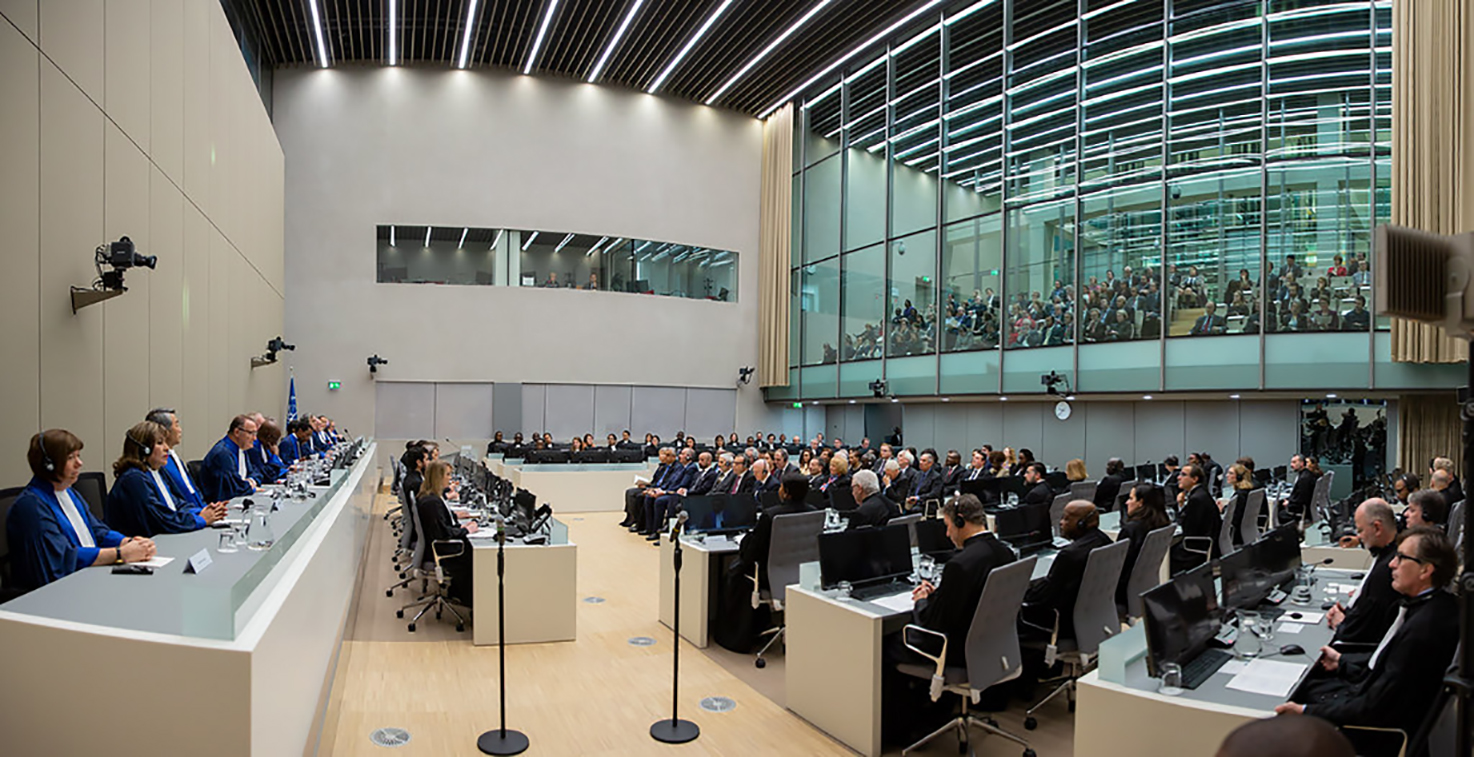
Israel

What does the ICC investigation mean for Israel?
The recent decision by the International Criminal Court (ICC) to allow an investigation into possible war crimes committed by Israel isn’t a surprise. But that doesn’t lessen its significance.
Last Friday, 5 February, the court’s pre-trial chamber ruled 2-1 that it had jurisdiction to open a criminal investigation into the 2014 Israel-Hamas conflict (Operation Protective Edge), Israeli settlement policy, and the Israeli response to protests at the Gaza border. There remains the possibility that other incidents could also be probed in future.
For many Israelis, this is yet further proof of the double standards under which they believe the court operates. The ICC has honed in on Jerusalem while ignoring human rights abusers in Iran, Syria, and China.
Palestinians have welcomed the move. Although the ICC will examine actions by both Israelis and Palestinians, including Hamas, the probe was launched at the request of the Palestinian Authority (PA), and is expected to focus overwhelmingly on Israeli actions.
The ICC doesn’t try countries, but rather individuals. This means that war crimes suits could be levelled against Prime Minister Benjamin Netanyahu and former Defence Minister Moshe Ya’alon, who held that post during the 2014 Gaza War.
Avigdor Lieberman, who was defence minister when the Great March began, could also be targeted, as could Defence Minister Benny Gantz and his predecessor, Naftali Bennett. This is in addition to individual Israeli soldiers and commanders.
Already in 2009, an arrest warrant was issued for Tzipi Livni on the grounds that she had been a member of the Israeli war cabinet that sanctioned the assault on Gaza, in which more than a thousand Palestinians were killed. In the end, Livni cancelled a trip to the United Kingdom (UK) and the threat of arrest kept her out of the country until authorities in 2011 granted automatic immunity to all Israeli officials visiting the UK.
But should Israeli (and/or Hamas) officials ultimately be convicted of war crimes by the ICC and senior officials named in such a verdict, they could be subject to international arrest warrants upon travel abroad.
However, for now at least, Jerusalem says it doesn’t anticipate any immediate threats to senior Israeli political or military figures. But that could change.
The court’s announcement also has implications at a state level. A negative ruling on Israeli actions in Gaza would ultimately raise questions about Jerusalem’s right to self-defence, and make it difficult for the Israeli army to operate against threats on the country’s southern border.
If the court also rules against settlements and Jewish building in east Jerusalem, this would undercut the country’s legal claims to historical and religious rights. Any Israeli activity in the West Bank would amount to a war crime.
Jerusalem has long argued that the ICC has no jurisdiction, and that Palestine isn’t a sovereign state. Although it was given the option to submit its position on the matter to the ICC, it declined. As such, Israel cannot appeal this ruling even if it wanted to.
Already back in 2016, Netanyahu appointed Avichai Mandelblit as attorney general because he believed he was the best person to defend Israel against future actions from the ICC. (Ironically today, the two are at loggerheads over Netanyahu’s corruption trial).
Responding to the ICC statement, Mandelblit said, “The principled legal position of the state of Israel, which is not a party to the ICC, is that the court lacks jurisdiction in relation to Israel and that any Palestinian actions with respect to the court are legally invalid.”
He noted that only sovereign states could delegate criminal jurisdiction to the court, claiming that the PA didn’t meet the criteria. He also argued that Israel had “valid legal claims” over the territory in question, and that the sides had agreed in the past “to resolve their dispute over the future status of this territory in the framework of negotiations”.
The ICC is meant to serve as a court of last resort when countries’ own judicial systems are unable or unwilling to investigate and prosecute war crimes. Until now, all attempts to prosecute Israel in the ICC have failed, not least because its courts are seen as independent and able to investigate any allegations of crimes in the territories on their own.
Israel’s military also has its own internal systems to probe alleged wrongdoing by its troops and in spite of criticism that the system is insufficient, experts say it has a good chance of fending off ICC investigations into its wartime practices.
But when it comes to settlement activity, which Israel considers to be legal, Jerusalem hasn’t held criminal investigations. Some experts say the country could have a difficult time contesting international law that forbids the transfer of a civilian population into occupied territory.
In practical terms, ICC Chief Prosecutor Fatou Bensouda hasn’t yet decided to launch her investigation into possible Israeli war crimes. She has only requested, and now received, authority from the court to do so. Her term as prosecutor is set to expire in June, and some Israeli officials are hopeful that her as of yet unelected successor could take a different path.
Still, meetings will be held in coming days to discuss strategy moving forward, including the possibility of a shift away from the current path of refusing to co-operate with the ICC.
Israel’s judicial establishment has been preparing for possible scenarios of ICC action for the past decade, and now fears that the country could be headed down a path that will lead to eventual ICC rulings against its politicians and military officials.










